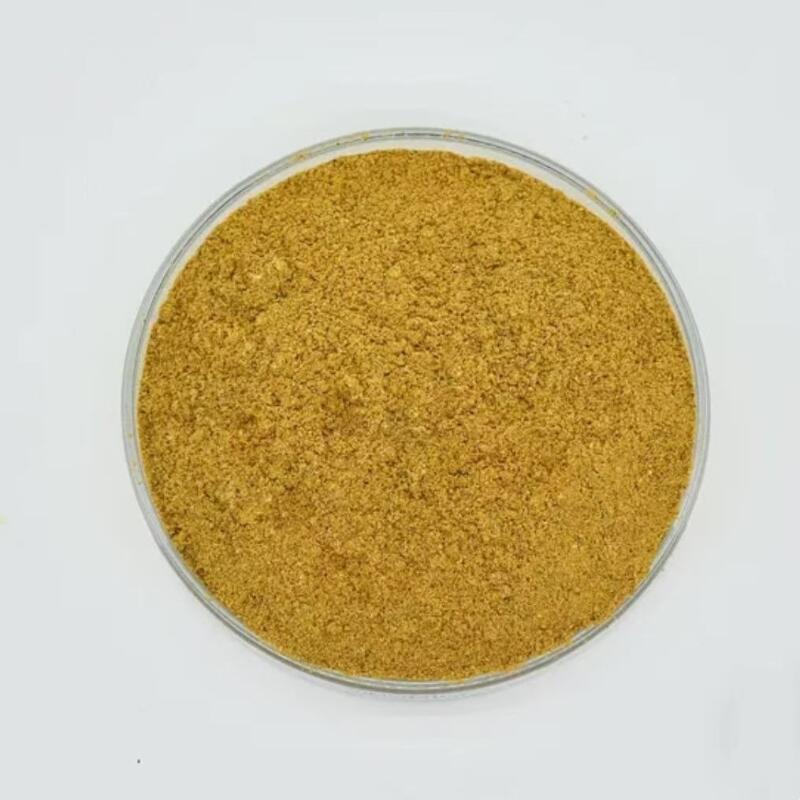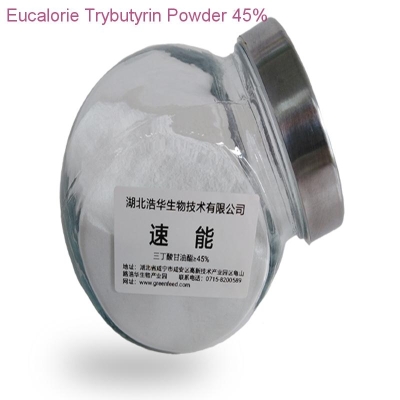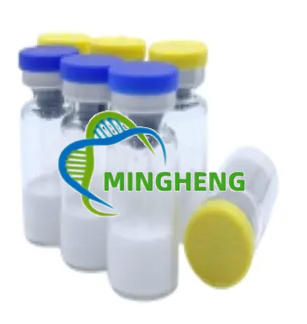-
Categories
-
Pharmaceutical Intermediates
-
Active Pharmaceutical Ingredients
-
Food Additives
- Industrial Coatings
- Agrochemicals
- Dyes and Pigments
- Surfactant
- Flavors and Fragrances
- Chemical Reagents
- Catalyst and Auxiliary
- Natural Products
- Inorganic Chemistry
-
Organic Chemistry
-
Biochemical Engineering
- Analytical Chemistry
-
Cosmetic Ingredient
- Water Treatment Chemical
-
Pharmaceutical Intermediates
Promotion
ECHEMI Mall
Wholesale
Weekly Price
Exhibition
News
-
Trade Service
Bacillus subtilis is a gram-positive, rod-shaped bacterium that is commonly found in soil and the gastrointestinal tracts of animals.
It has a long history of use in the production of a variety of industrial products, including enzymes, antibiotics, and other bioproducts.
In the chemical industry, Bacillus subtilis is of particular interest due to its ability to produce a range of valuable compounds through its metabolic processes.
Upstream products of Bacillus subtilis include the substrates and precursors that are used in the production of downstream products.
These can include a variety of sugars, amino acids, and other organic compounds that are used as food sources for the bacteria.
In addition, upstream products can also include the genetic material that is used to modify the bacteria, such as plasmids or other genetic elements that confer specific traits or functions.
Downstream products of Bacillus subtilis, on the other hand, are the end products that are produced as a result of the bacteria's metabolic processes.
These can include a wide range of chemicals and bioproducts, including enzymes, antibiotics, and other industrially relevant compounds.
One of the most well-known downstream products of Bacillus subtilis is the enzyme subtilisin, which is used in a variety of industrial applications, including the production of detergents and other cleaning products.
Another important downstream product of Bacillus subtilis is the antibiotic erythromycin, which is used to treat a variety of bacterial infections.
The production of erythromycin involves the expression of a biosynthetic pathway that is encoded by genes that have been introduced into the bacteria through genetic engineering.
This pathway involves a number of enzymatic steps, including the conversion of erythrose to mevinolin, the oxidation of mevinolin to vitamin K, and the formation of the macrolide ring.
In addition to enzymes and antibiotics, Bacillus subtilis can also be used to produce a variety of other industrially relevant compounds.
These can include oils and other lipids, which are used in various applications, such as the production of cosmetics and pharmaceuticals.
Bacillus subtilis can also be used to produce polyhydroxyalkanoates (PHAs), which are bioplastics that are used in a variety of applications, including packaging and textiles.
The production of these downstream products involves a complex network of metabolic pathways and enzymatic reactions, which are carefully controlled and optimized to ensure the efficient production of the desired compounds.
This typically involves the use of advanced molecular biology techniques, such as genetic engineering, to modify the bacteria and improve their ability to produce the desired metabolites.
Overall, the use of Bacillus subtilis in the chemical industry is expected to continue to grow in the coming years, as more and more applications for its metabolic products are discovered and developed.
As a result, researchers will continue to explore the use of this bacterium as a platform for the production of a wide range of industrially relevant compounds, helping to drive the development of new technologies and industries.







